Board of Directors
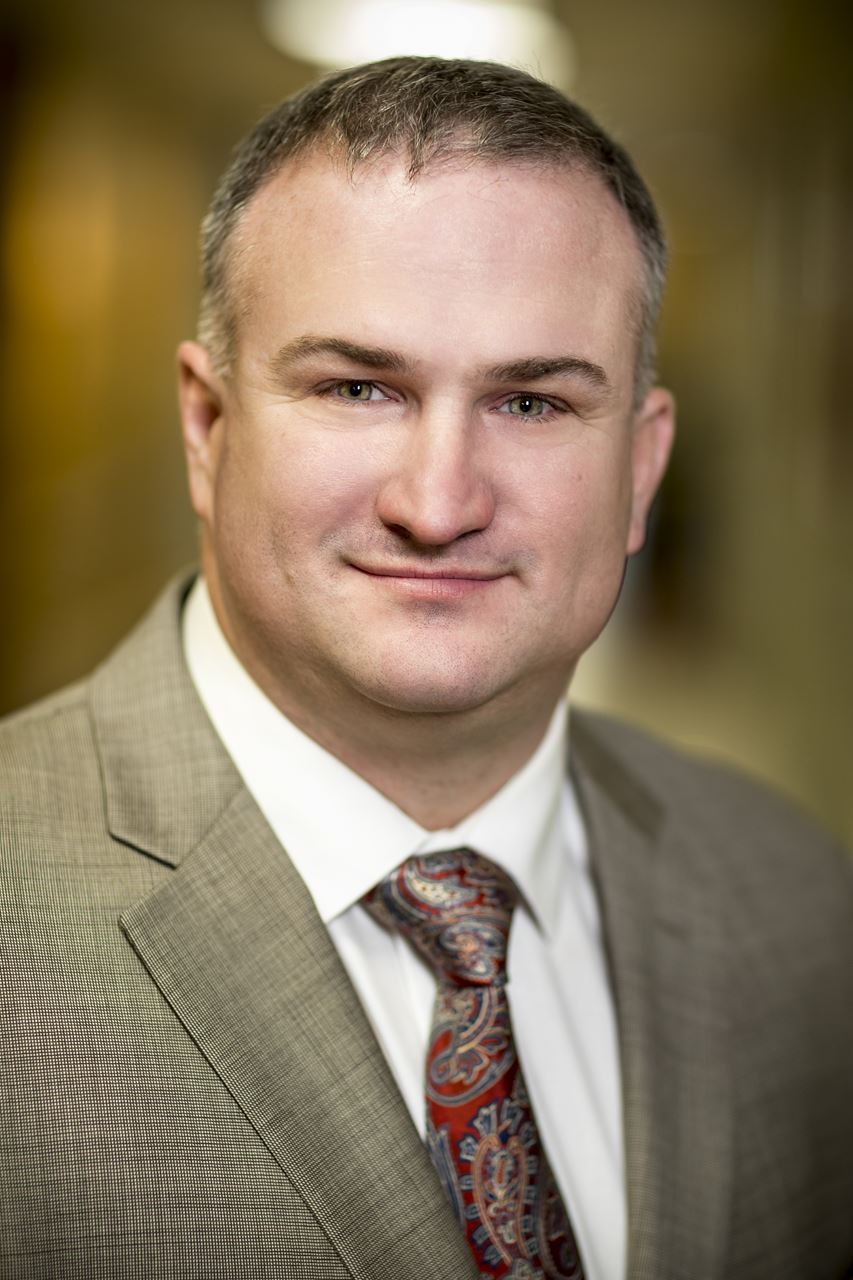 | Matt Martinez - PresidentDr. Matthew Martinez is Associate Professor of Medicine. He serves as Co-Director of Hypertrophic Cardiomyopathy program and Director of Sports Cardiology at Morristown Medical Center, Atlantic Health System in New Jersey. Dr. Martinez serves as a cardiology consultant for elite and professional athletes including acting as the League cardiologist for Major League Soccer, team cardiologist for the New York Jets and cardiac consultant for the NFL. He regularly presents on Sports Cardiology and Hypertrophic cardiomyopathy at national and international meetings and served as the American College of Cardiology’s Chair of Sports and Exercise section until 2020. He has expertise in advanced cardiac imaging using echo, cardiac MRI and CT and has led many educational events nationally and internationally on these topics. |
 | Allison Cirino Allison Cirino, MS, CGC, is an Associate Professor in the School of Health and Rehabilitation Sciences and Director of Student Research in the Master of Science in the Genetic Counseling program at MGH Institute of Health Professions. Since 2004 she has been a genetic counselor in the Brigham and Women’s Hospital Cardiovascular Genetics Center where she is involved in both patient care and ongoing clinical research activities in inherited heart disease. She is currently a member of the National Society of Genetic Counselors (NSGC) Annual Conference Planning Committee, the NSGC Abstract Workgroup, the NSGC Cardiovascular special interest group (SIG) Education committee, and the NSGC Research SIG Grant Award Committee. She also serves as the NSGC Liaison to the American Heart Association (AHA) Genomics and Precision Medicine (GPM) Council and is a member of the AHA GPM Professional Education and Publications Committee. She is the Chair of the Massachusetts Board of Registration of Genetic Counselors. |
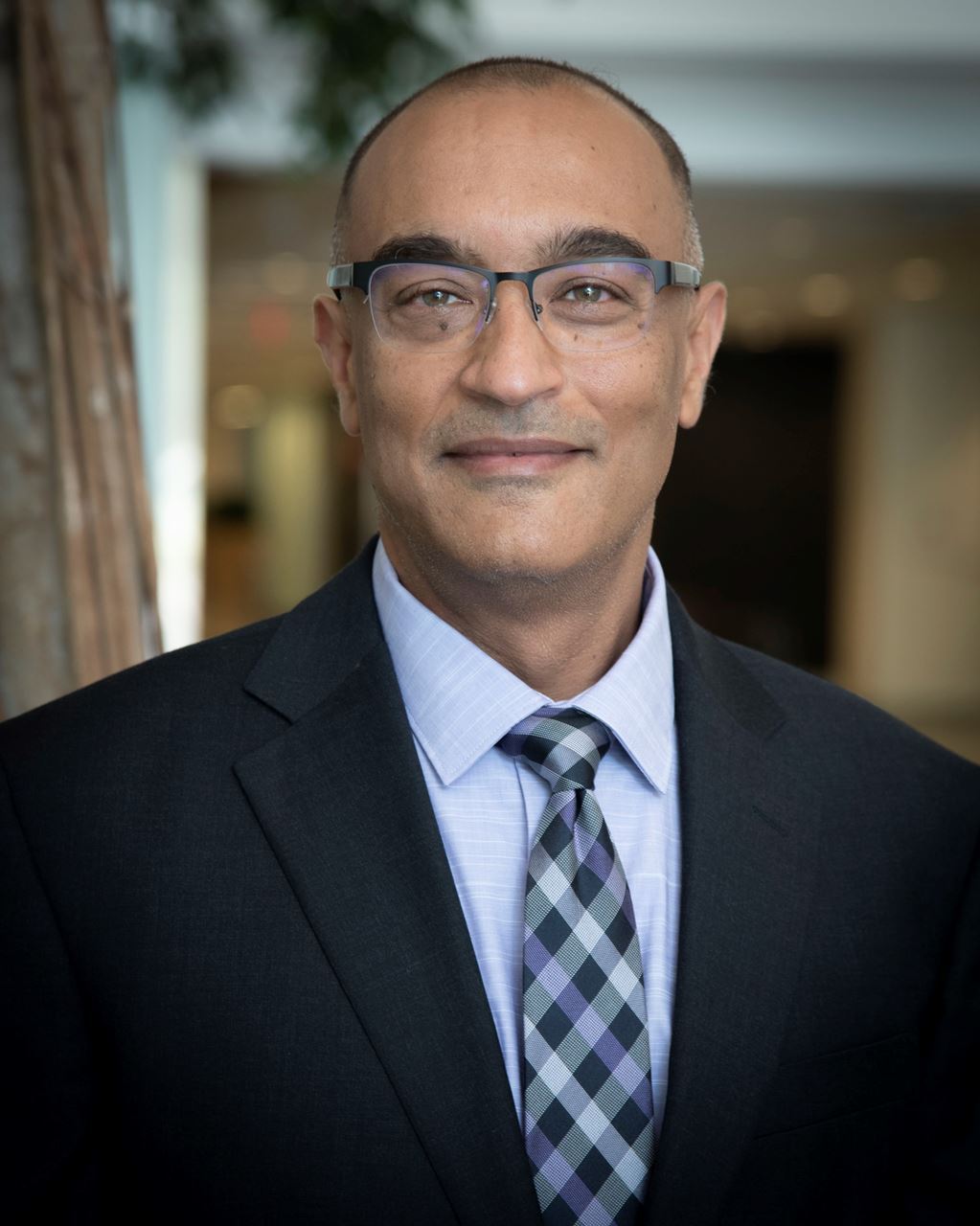 | Milind DesaiMilind Desai, MD MBA, is the Director of Clinical Operations of the Robert and Suzanne Tomsich Department of Cardiovascular Medicine at the Sydell and Arnold Miller Family Heart, Vascular & Thoracic Institute at Cleveland Clinic. He is a Professor of Medicine at the Cleveland Clinic Lerner College of Medicine of Case Western Reserve University. He holds the Haslam Family Endowed Chair in Cardiovascular Medicine. He has dual appointments in the Departments of Cardiovascular Medicine (Section of Cardiovascular Imaging) and Radiology. Dr. Desai is the Director of Center for Hypertrophic Cardiomyopathy, the Medical Director of the Center for Aortic Diseases, the Medical Director for Center for Radiation Heart Disease and an integral part of the Center for Valvular heart disease. He is an expert in multimodality cardiovascular imaging, having achieved the highest level of proficiency in all imaging modalities, including cardiac MRI, cardiac CT, echocardiography and nuclear cardiology. In addition, he serves on the multiple Heart, Vascular & Thoracic Institute councils, including Executive Council, Operations Council and Research Council. In addition, he serves on the Cleveland Clinic Research Compliance Committee. |
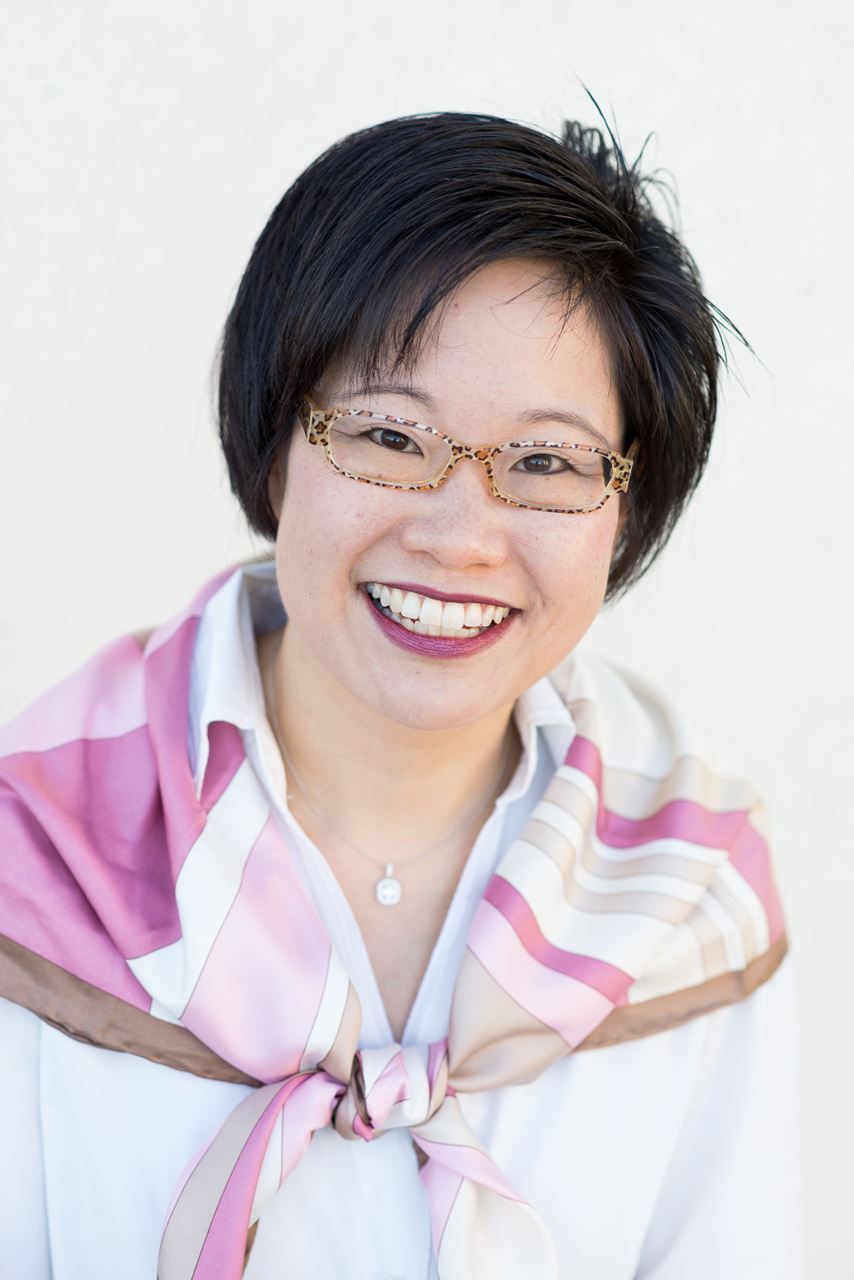 | Carolyn HoDr. Carolyn Yung Ho is the medical director of the Cardiovascular Genetics Center at Brigham and Women’s Hospital (BWH). A cardiovascular medicine specialist, she is also an associate professor of medicine at Harvard Medical School (HMS). She received her medical degree from HMS. She then completed an internal medicine residency and a cardiology fellowship at BWH. Dr. Ho is board certified in internal medicine and cardiovascular disease. Dr. Ho’s clinical interests include cardiomyopathy, echocardiography, and cardiovascular genetics. The author of over 30 peer-reviewed publications, her research focuses on characterizing early phenotypes of sarcomere mutations in inherited cardiomyopathies and developing clinical trials to diminish the progression of hypertrophic cardiomyopathy. Her research has received support from the American College of Cardiology and National Institutes of Health. |
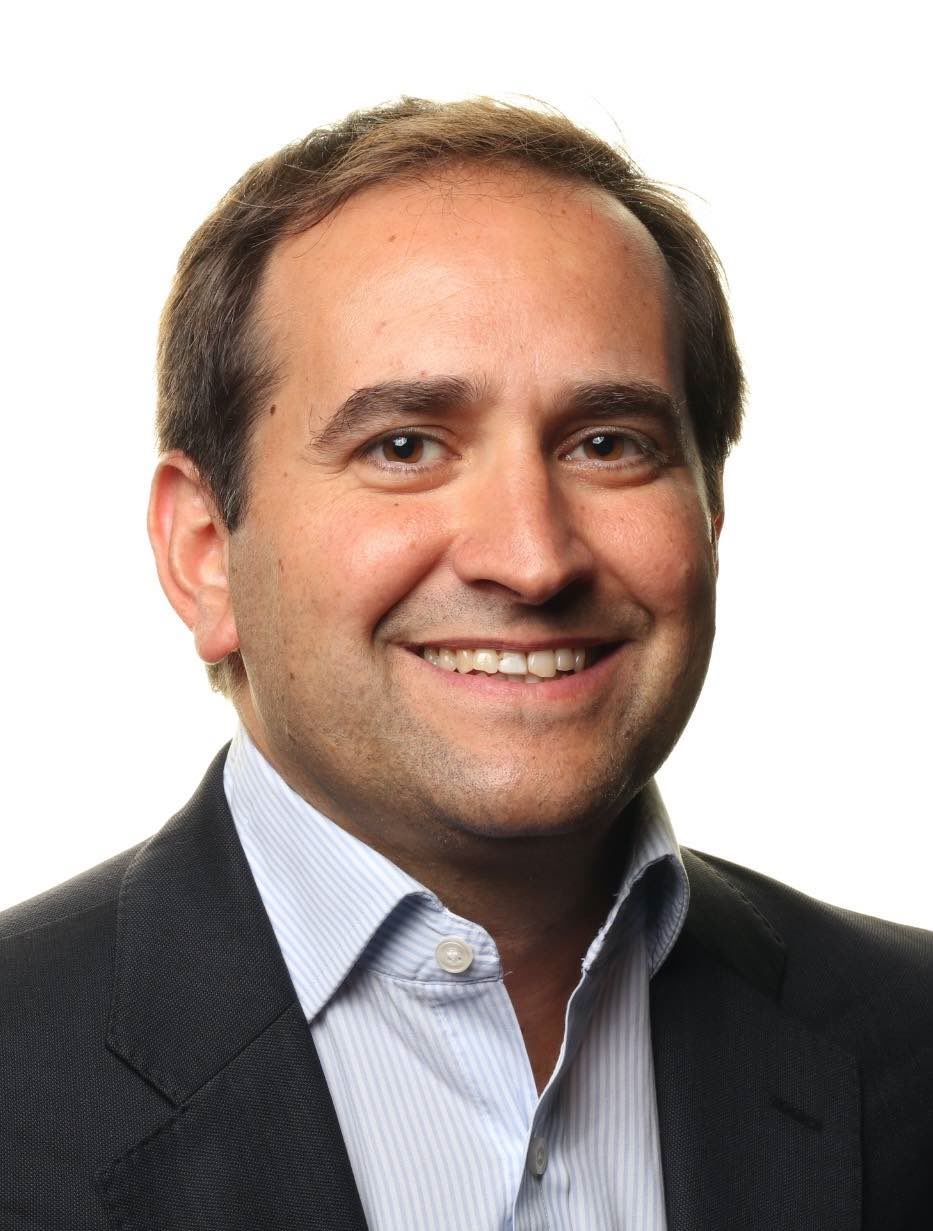 | Juan Pablo KaskiDr Kaski is Associate Professor of Paediatric Inherited Cardiology at the UCL Institute of Cardiovascular Science, where he leads the UCL Centre for Paediatric Inherited and Rare Cardiovascular Diseases, and Consultant Paediatric Cardiologist at Great Ormond Street Hospital (GOSH), London, UK. He is the Director of the GOSH Centre for Inherited Cardiovascular Diseases, the largest centre in Europe dedicated to the investigation and management of inherited cardiac conditions in childhood. Dr Kaski’s clinical and research interests are focused on the clinical and genetic characterisation of inherited cardiovascular disease and sudden cardiac death in childhood and he won the Young Investigator Award for Clinical Science from the European Society of Cardiology in 2008 for his work on the genetic basis of pre-adolescent hypertrophic cardiomyopathy. He leads an international paediatric HCM consortium of over 45 centres, which was responsible for the development of the first sudden death risk prediction model for childhood HCM. |
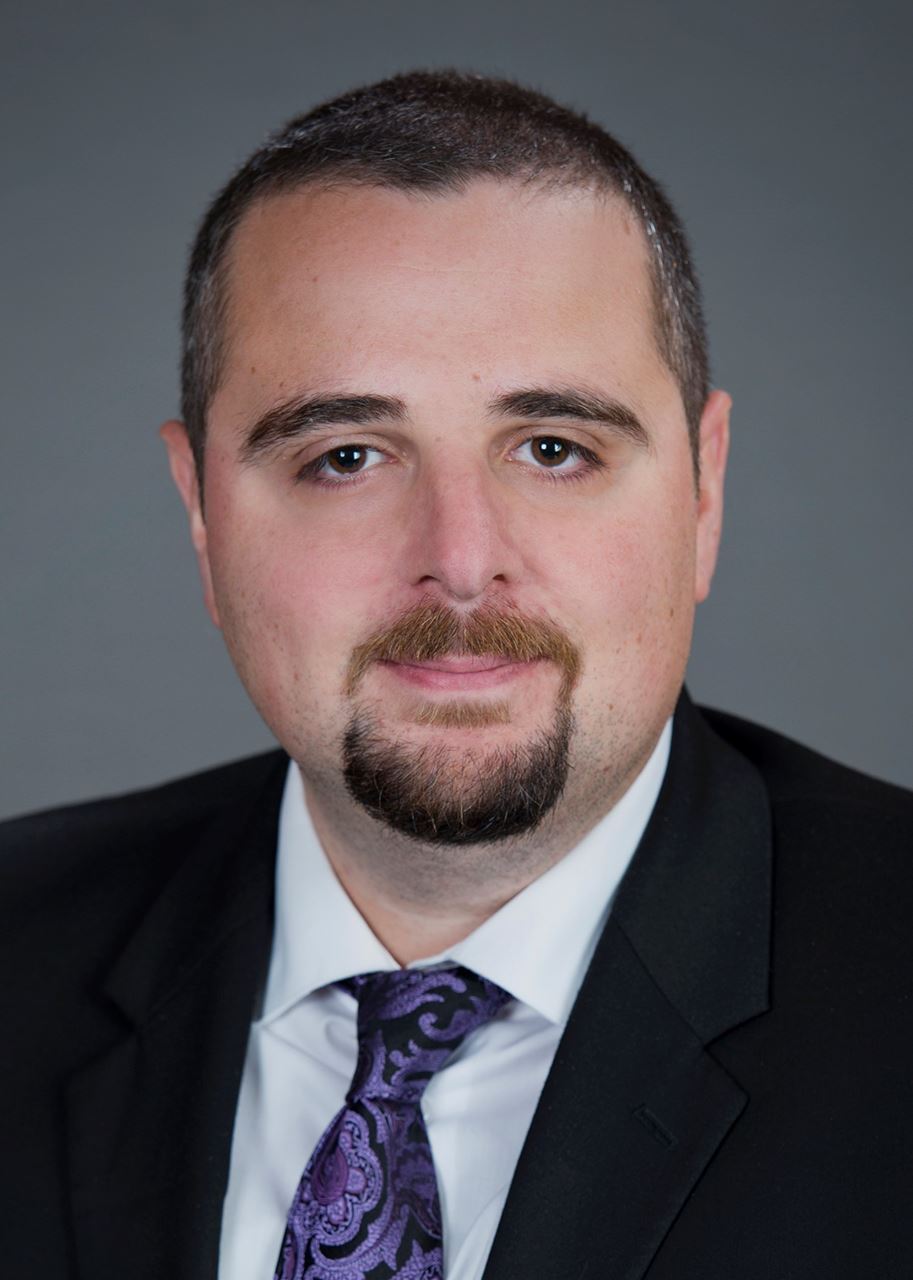 | Ahmad MasriAhmad Masri is the Director of the HCM Center and Assistant Professor of Medicine at Oregon Health & Science University in Portland, Oregon. His research focuses on improving early recognition of hypertrophic cardiomyopathy and transforming HCM into a medically treatable disease. Dr. Masri and his team have been heavily involved in numerous randomized clinical trials in the Hypertrophic Cardiomyopathy space, most recently as the lead Co-PI on the REDWOOD-HCM OLE trial. |
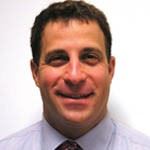 | Marty MaronDr. Martin Maron is Director of the Hypertrophic Cardiomyopathy Center and Research Institute at Tufts Medical Center and the Chanin T. Mast Hypertrophic Cardiomyopathy Center in Morristown Medical Center. His research interests are the diagnosis and management of hypertrophic cardiomyopathy including the role of cardiovascular magnetic resonance in assessment of patients with HCM and novel drug therapy to modify the disease. Dr. Maron has co-authored over 200 original publications on HCM including in New England Journal of Medicine, Lancet, Circulation and Journal of the American College of Cardiology. |
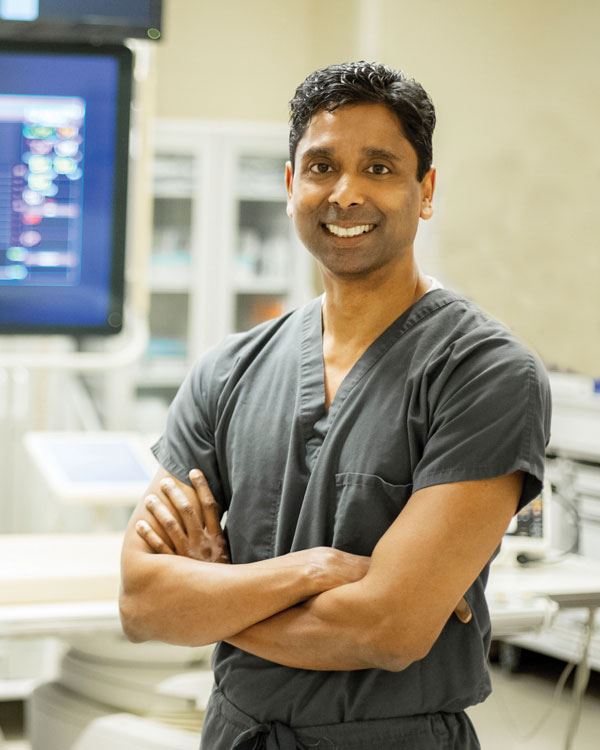 | Srihari NaiduDr. Srihari S. Naidu is Director of the Hypertrophic Cardiomyopathy Center of Excellence and Cardiac Catheterization Laboratory at Westchester Medical Center in New York, and Professor of Medicine at New York Medical College. A comprehensive HCM program certified by the HCM Association, his center has particular expertise in alcohol septal ablation, performing the most annually in the United States, while also offering surgical myectomy, heart transplantation and the full gamut of services, following currently 1500 patients actively. He is Editor of Hypertrophic Cardiomyopathy, the main HCM Textbook by Springer, now in Second Edition, and speaks regularly at the American Heart Association and American College of Cardiology annual meetings. He a 2 term Trustee of the Society for Cardiovascular Angiography and Interventions (SCAI) and President of the NY Chapter of the American College of Cardiology. He has published over 200 original manuscripts, review articles, and book chapters, and is on the advisory board for Bristol Myers Squibb and Cytokinetics. Dr. Naidu is a Trustee Emeritus of Brown University. |
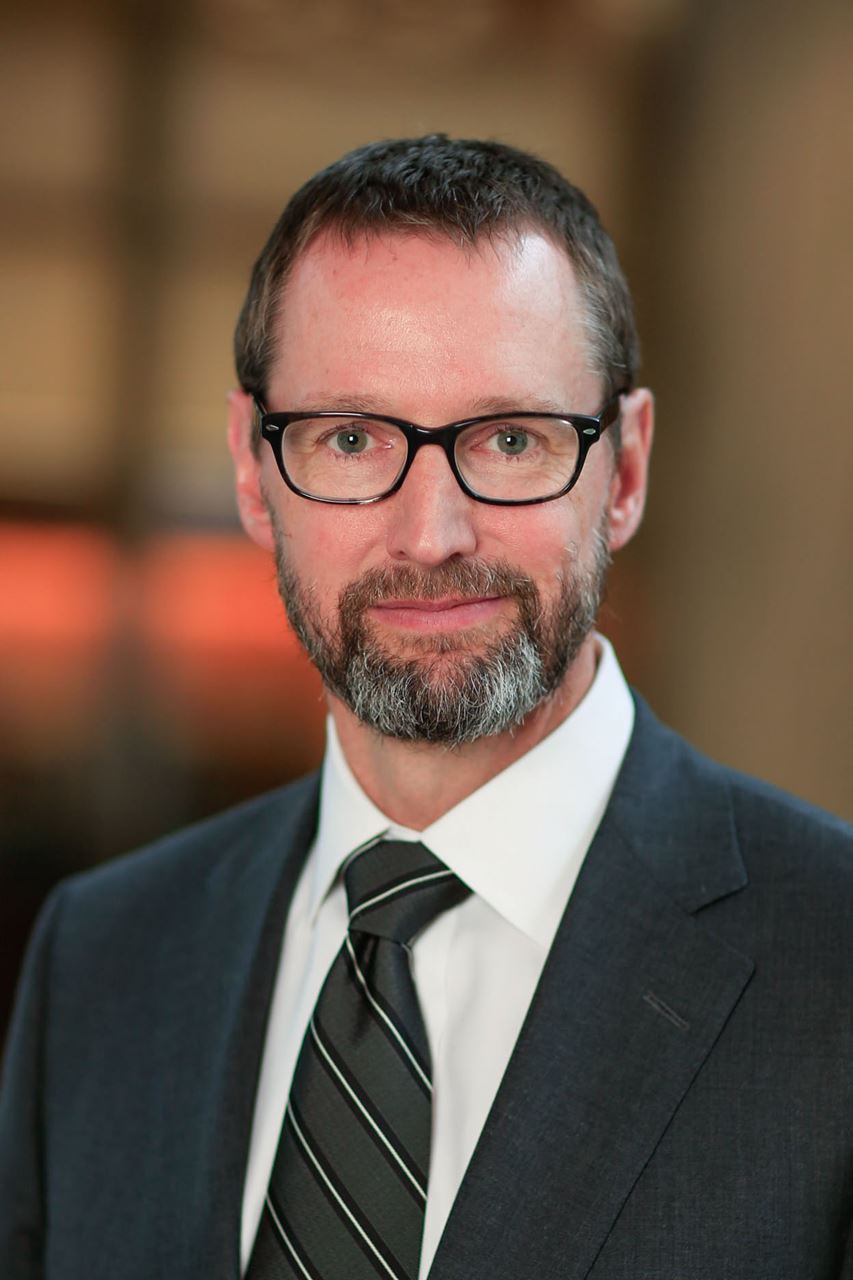 | Steve OmmenSteve R. Ommen, M.D., is a board-certified cardiologist with special interest in hypertrophic cardiomyopathy (HCM) and valvular heart disease. His undergraduate degree is in biomedical engineering from Northwestern University in Evanston, Illinois. He graduated from Mayo Medical School (now Mayo Clinic School of Medicine) and obtained specialty training in internal medicine and cardiology at Mayo Clinic in Rochester, Minnesota. Dr. Ommen is the Medical Director of the Mayo Hypertrophic Cardiomyopathy Clinic, the largest and longest continuous single center specializing in HCM and has been actively engaged in clinical research for patients with HCM for over two decades. He also has led national practice guidelines for HCM. He has been honored with awards for clinical care, individual excellence, and team excellence. |
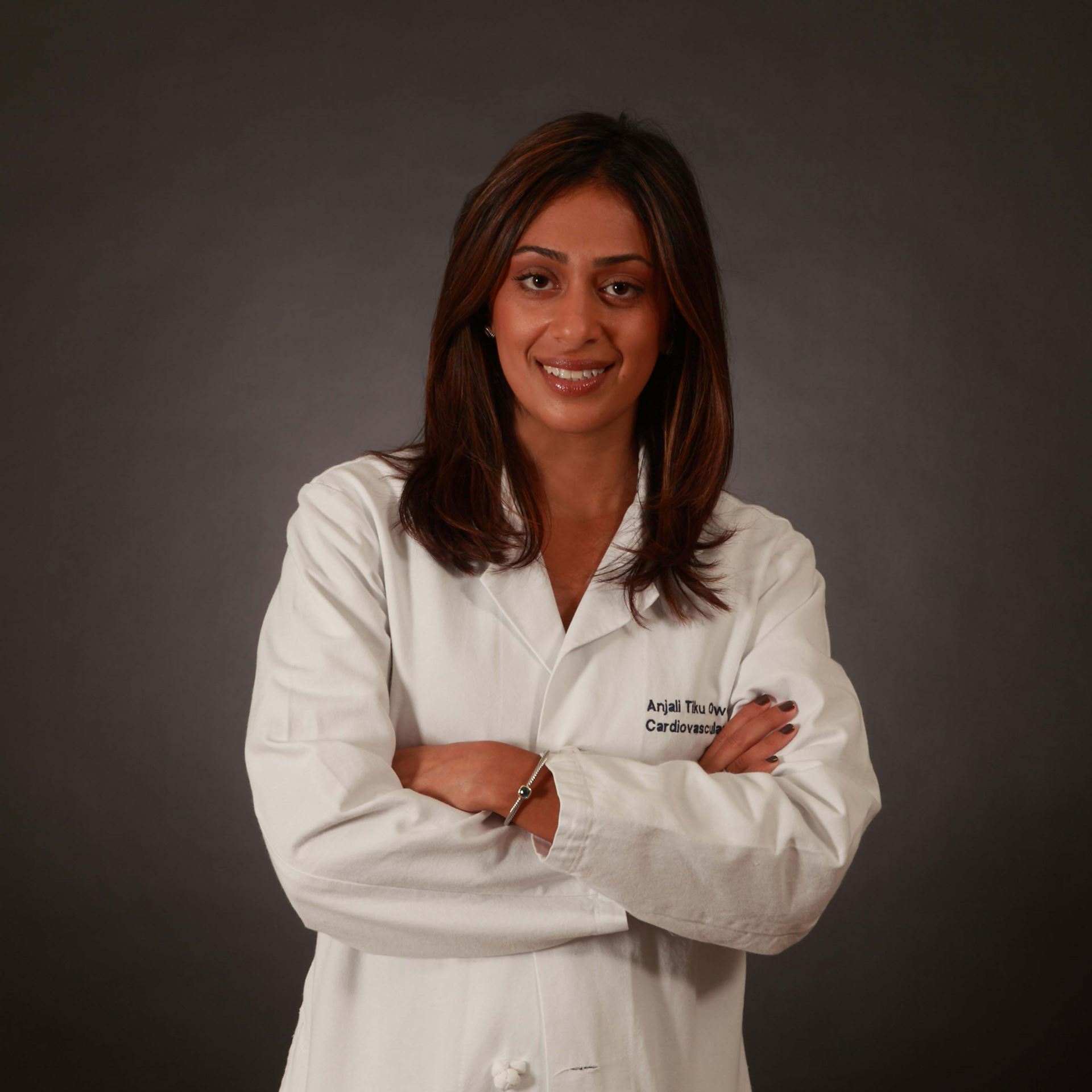 | Anjali OwensDr. Anjali Tiku Owens is the Founding Director of the Center for Inherited Cardiovascular Disease and Director of the Familial Cardiomyopathy Program at the University of Pennsylvania Perelman School of Medicine. She is an Assistant Professor of Medicine in the Division of Cardiology, Section of Heart Failure, Transplantation and Mechanical Circulatory Support. Dr. Owens completed undergraduate education and medical school at Duke University before completing residency, Chief Residency and fellowship at the University of Pennsylvania. Dr. Owens has a special interest in genetic forms of cardiomyopathy and emerging novel therapeutics. |
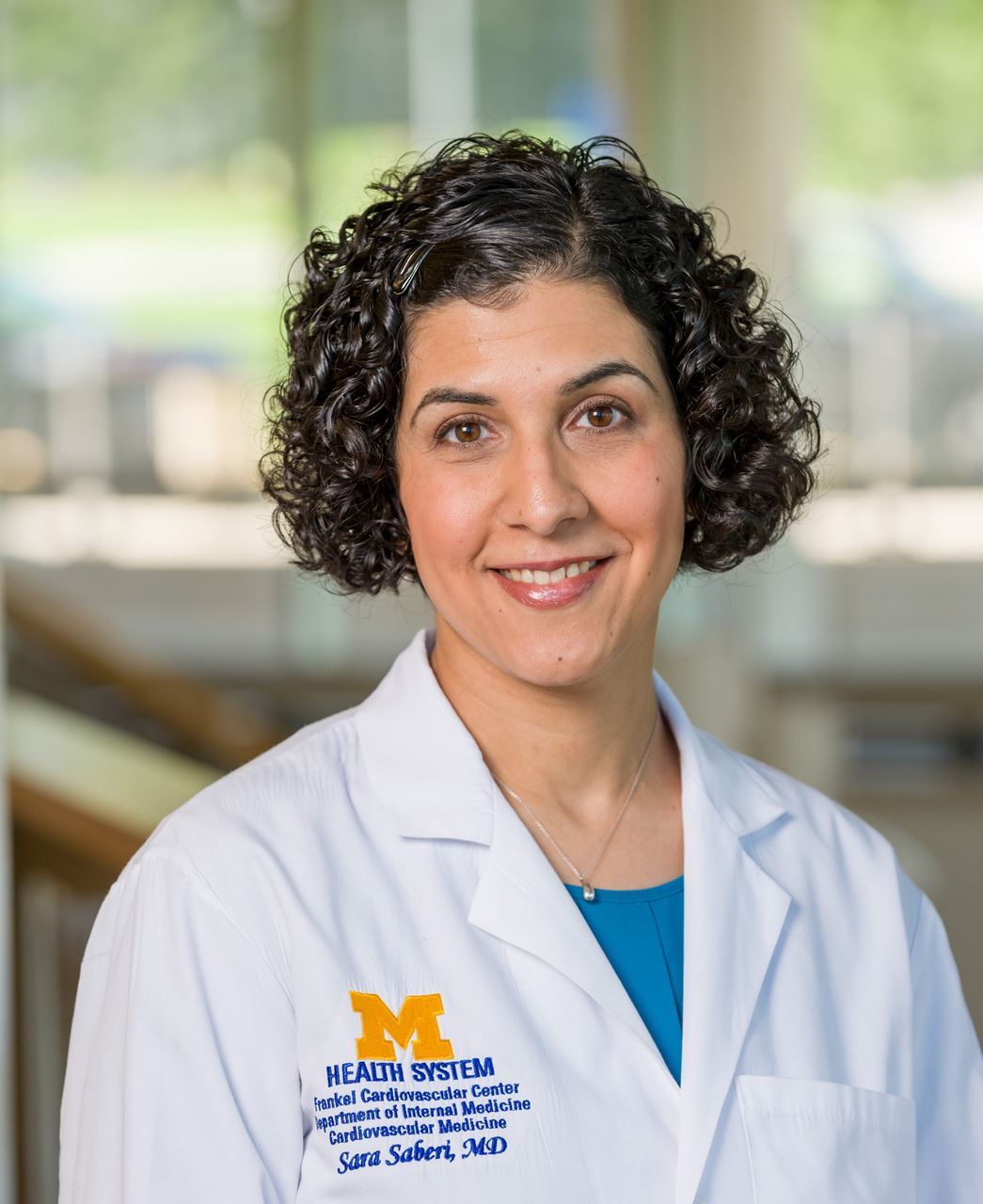 | Sara SaberiSara Saberi, M.D., M.S. is an Assistant Clinical Professor in the Division of Cardiovascular Medicine and a Co-Director of the Inherited Cardiomyopathy Program at University of Michigan. She received her bachelor's degree from Northwestern University in Evanston, IL and her medical degree from Wayne State University in Detroit, MI. She obtained her residency training in Internal Medicine and fellowship training in Cardiovascular Medicine at University of Michigan. She joined the faculty at Michigan in 2010. Dr. Saberi’s clinical work is focused on providing comprehensive care to patients with genetic cardiomyopathies and their families. Her research work focuses on clinical research aimed at understanding environmental factors that impact disease onset and progression in hypertrophic cardiomyopathy. She is also involved in clinical trials of new treatments to prevent or delay onset and progression of the disease. One of her areas of focus is determining the impact of exercise training on clinical outcomes, disease features, and quality of life in patients with hypertrophic cardiomyopathy and establishing evidence-based guidelines to inform recommendations for athletes with cardiomyopathies. |
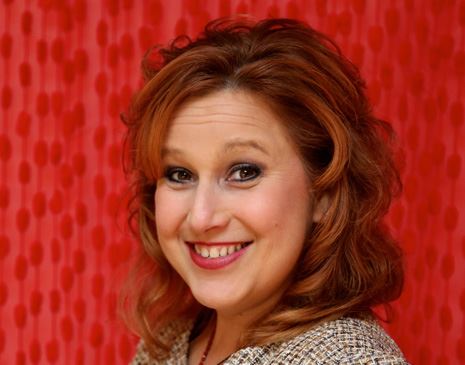 | Lisa SalbergThe Hypertrophic Cardiomyopathy Association is not just a cause or a hobby for Lisa Salberg, Founder and CEO of HCMA. Lisa was diagnosed with HCM at age 12 after a murmur was detected at a school physical. Three weeks after her wedding, at the age of 21, Lisa suffered a stroke secondary to HCM. In 1997, she received her first ICD (implantable cardiac defibrillator), the only true protection against sudden cardiac arrest. She also takes an assortment of cardiac medications to control her HCM. In 2016 it was clear her heart was failing and transplant was the only option left. She was placed on an IV medication via a PICC line and lived with this medication from September to February 2, 2017 when the call came at 12:23am Groundhogs Day that a heart had been located. The surgery was completed by 5pm and she woke up to a new life at 8:05am February 3, 2017 and was up walking within 24 hours. Since Lisa founded HCMA in 1996 as a national resource and support center for families affected by HCM. The HCMA has an active membership of over 7,800 families with HCM and provides information to the world via its website which serves an estimate 300,000 people per year. |
 |
|
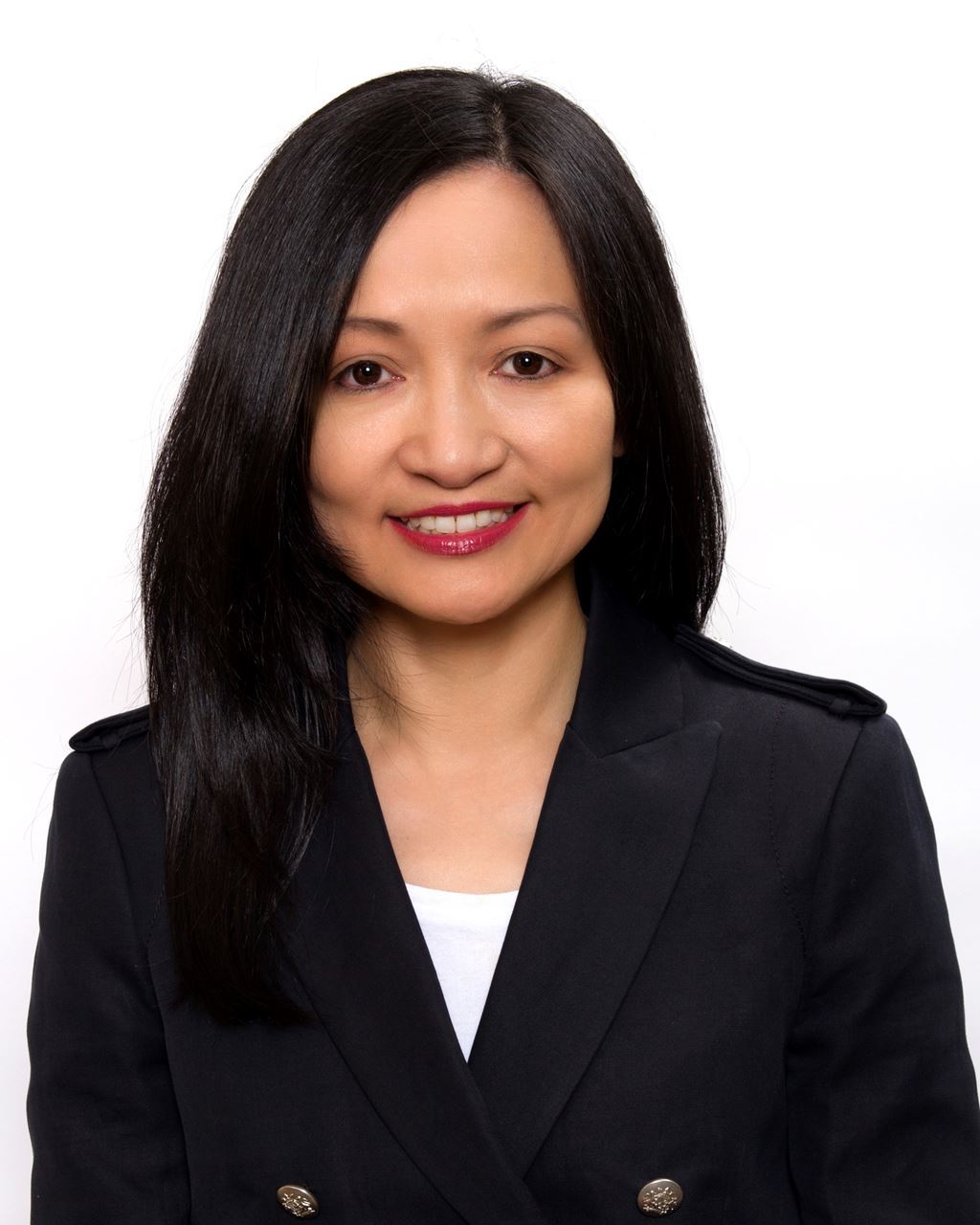 | Anna Woo |
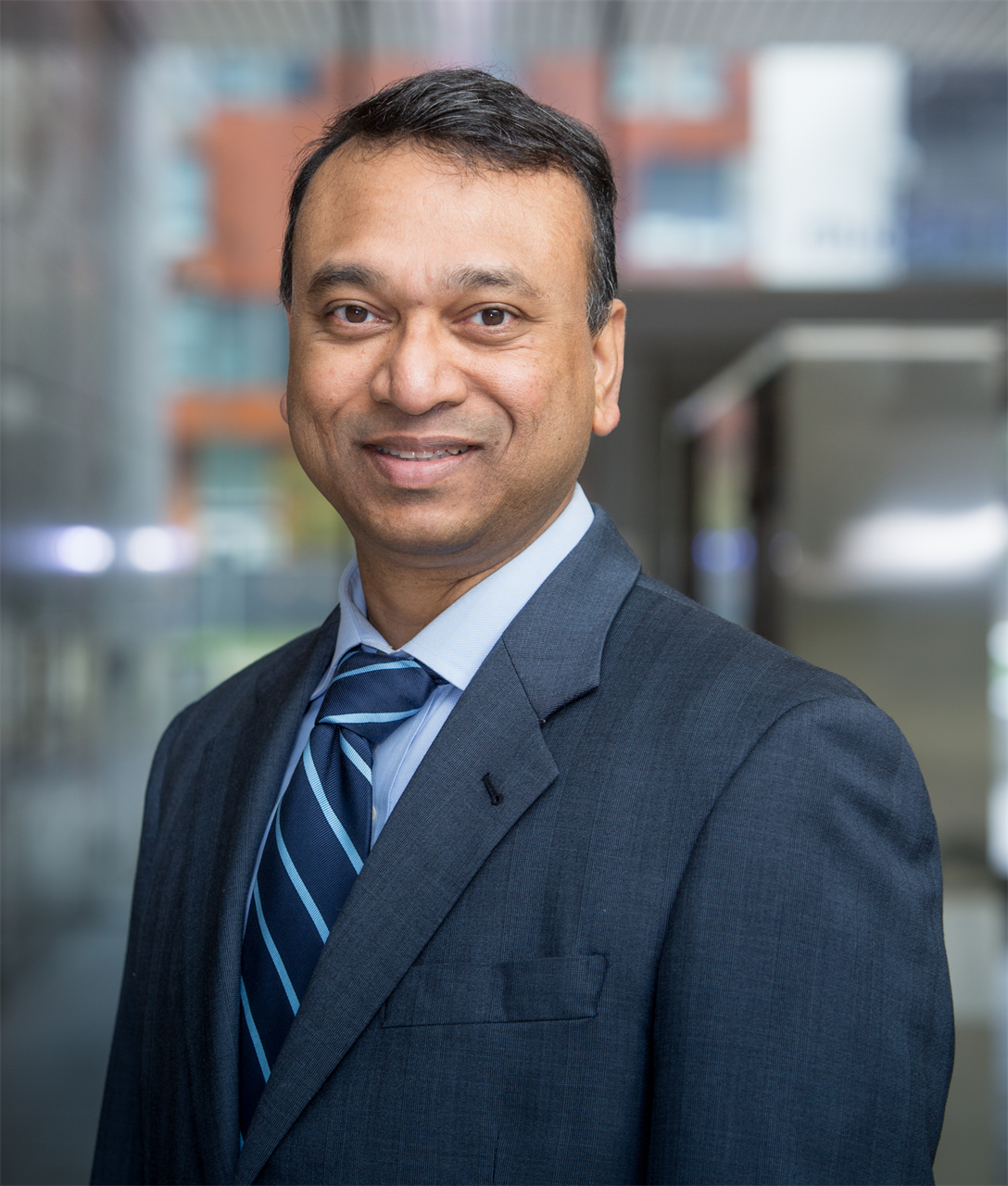 | Ted Abraham - AdvisorTheodore Abraham, MD. FACC is the Meyer Friedman Distinguished Professor of Medicine and co-Director of the HCM Center of Excellence at University of California, San Francisco (UCSF). He has approximately 20 years of experience in the diagnosis and treatment of HCM. His particular clinical and research interests are in the field of Echocardiography and cardiac imaging as it relates to HCM. His research focus is cardiac mechanics spanning translational models and clinical imaging. He is a site investigator for several HCM-related drug trials including but not limited to EXPLORER-HCM and REDWOOD-HCM. He has over 150 peer-reviewed publications and has been NIH-funded as principal or co-investigator continuously for the last 20 years. He served on the Board of Directors for the American Society of Echocardiography and was the Program Chair for the ASE 2020 Scientific Sessions. He has served or serves on the editorial boards of the JACC, JACC Cardiovascular Imaging, JASE and Circulation Imaging. |
| Eugene Braunwald - HonoraryDr. Eugene Braunwald's seminal studies at the National Institutes of Health in the 1960s defined the diagnosis of hypertrophic cardiomyopathy (HCM) as a clinical entity and served as the foundation for advancements in echocardiographic diagnosis, genetic testing, and risk stratification for sudden cardiac death. His early hemodynamic studies characterized idiopathic hypertrophic subaortic stenosis (IHSS), identifying the dynamic nature of left ventricular outflow tract obstruction as a diagnostic hallmark. His pioneering work established the familial aggregation of the disease, creating the framework for the later identification of sarcomeric gene mutations. These pathophysiologic observations provided the basis for early therapeutic strategies, including the use of beta-adrenergic blockade to mitigate dynamic obstruction, and guided the development of surgical septal myectomy for refractory symptomatic obstructive HCM |

